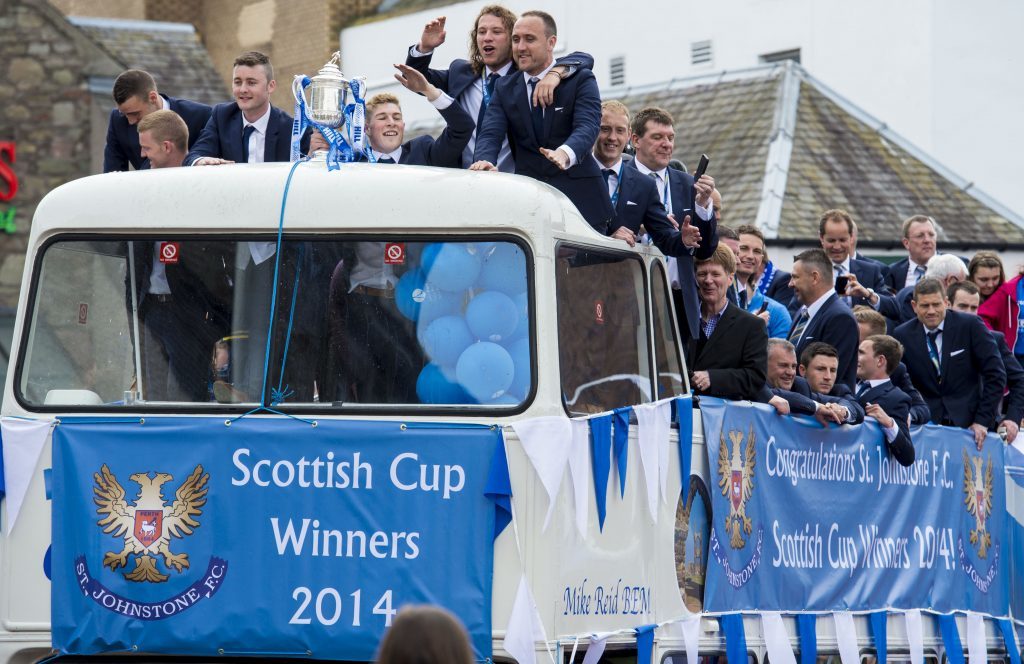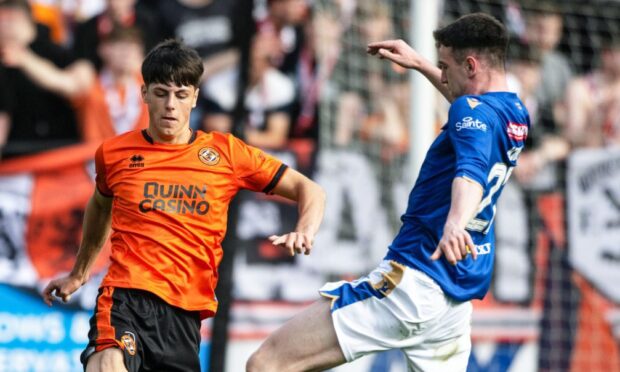The Scottish Cup is the prince of our football competitions.
With five different winners in the last five years there truly is a magic about the cup which the league competitions cannot compete with.
This weekend’s 14 ties will throw up potential giant killing fixtures like Bonyrigg Rose juniors v last season’s winners Hibernian, and to add spice, the tie is at Tynecastle, home of the cup holder’s fiercest rivals Hearts.
Defeat for the Hibees on that hostile patch would be unthinkable, but the beauty of the Scottish Cup is that all is possible.
The appetites of Stranraer and Formartine Utd supporters will also be whetted as they hope to taste the aroma of success at Aberdeen and Partick Thistle respectively.
The opportunity for teams from the Highland, lowland, and juniors leagues, to meet the big boys of the Scottish game awakens a sense of community often dormant through the rest of the football year.
For the top sides too the cup offers a real prospect of glory, and winning it also brings European football as an added and glamorous incentive for supporters.
As a football journalist I’ve been fortunate enough to work at Scottish Cup finals and to be on the winning team open top bus parades the next day. The sense of achievement, excitement, and sheer feeling of being part of history is a huge moment for fans on rare days like that.
I’ve been on the victory buses when Dundee United, Inverness Caley Thistle and St Johnstone paraded the old trophy through their cities.
The huge throngs which turned out to cheer and celebrate those wins, witnessing possibly a once in a lifetime event, were testimony to the very special sense of belonging which a cup victory can bestow on locals, whether avid football fans or just supporters for the day.
Most of the smaller sides will not get within sniffing distance of Hampden and the final, but for many of them this weekend, they will play in their own cup finals, with the mouth watering prospect of a big trip to a Celtic Park, Ibrox or Tynecastle, the incentive to raise their game beyond the limits of what they might normally think themselves capable.
For the big teams though, Scottish Cup day can offer the prospect of a salutary lesson. A giant killing act is no celebratory occasion when you’re the giant being slain, and some managerial and playing careers never recover afterwards.
Glasgow Rangers shock defeat to the part timers of Berwick Rangers in the first round in 1967, saw an end to the careers of Ibrox strikers Jim Forrest and George Mclean who weeks later were sold to Preston North End and Dundee FC respectively.
In February 2000, all time record Scottish cup winners Celtic, were turfed out of the cup at Parkhead, beaten 3-1 by first division part timers Inverness, in a game which cost Celtic boss John Barnes his job just two days later.
There’s all of the magic and mayhem of football wrapped up in one competition, the Scottish Cup: it’s the best of them all in my book.



